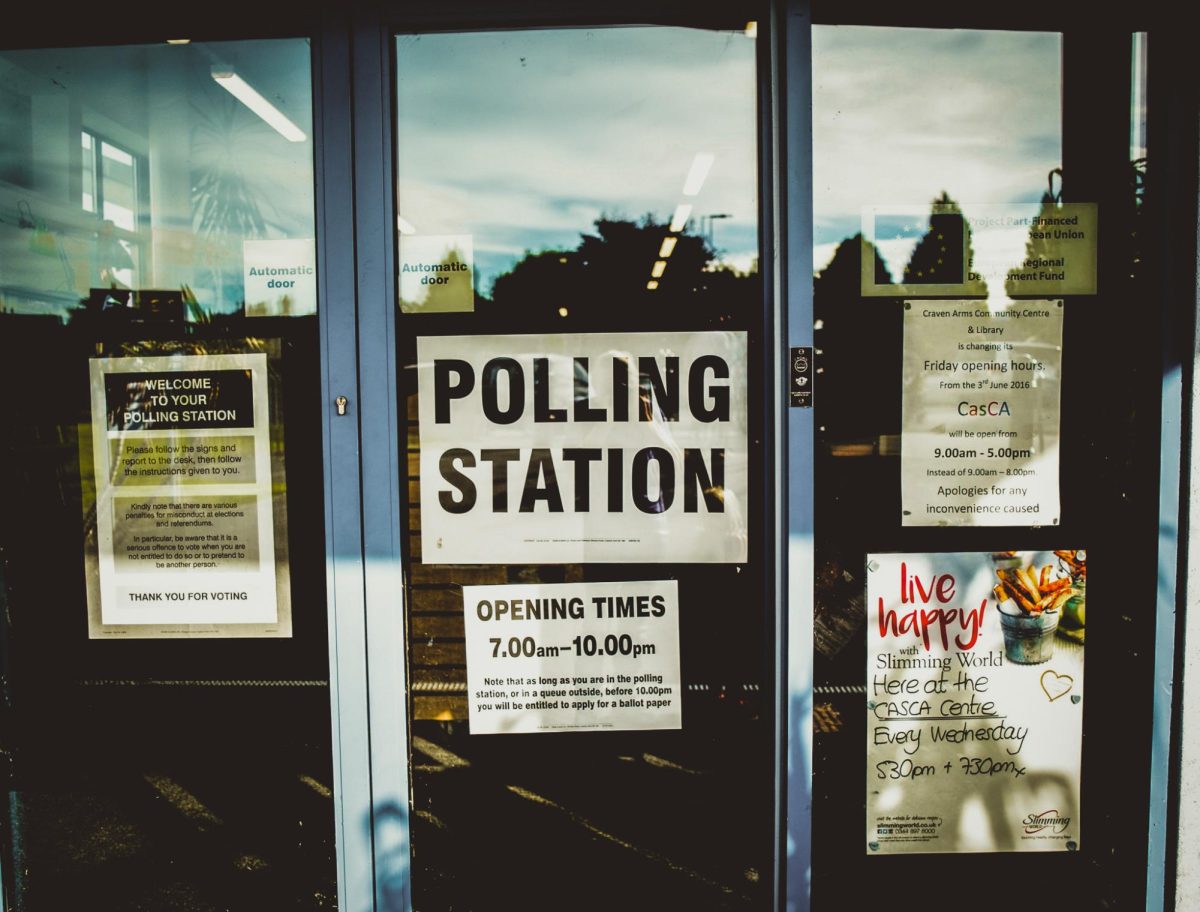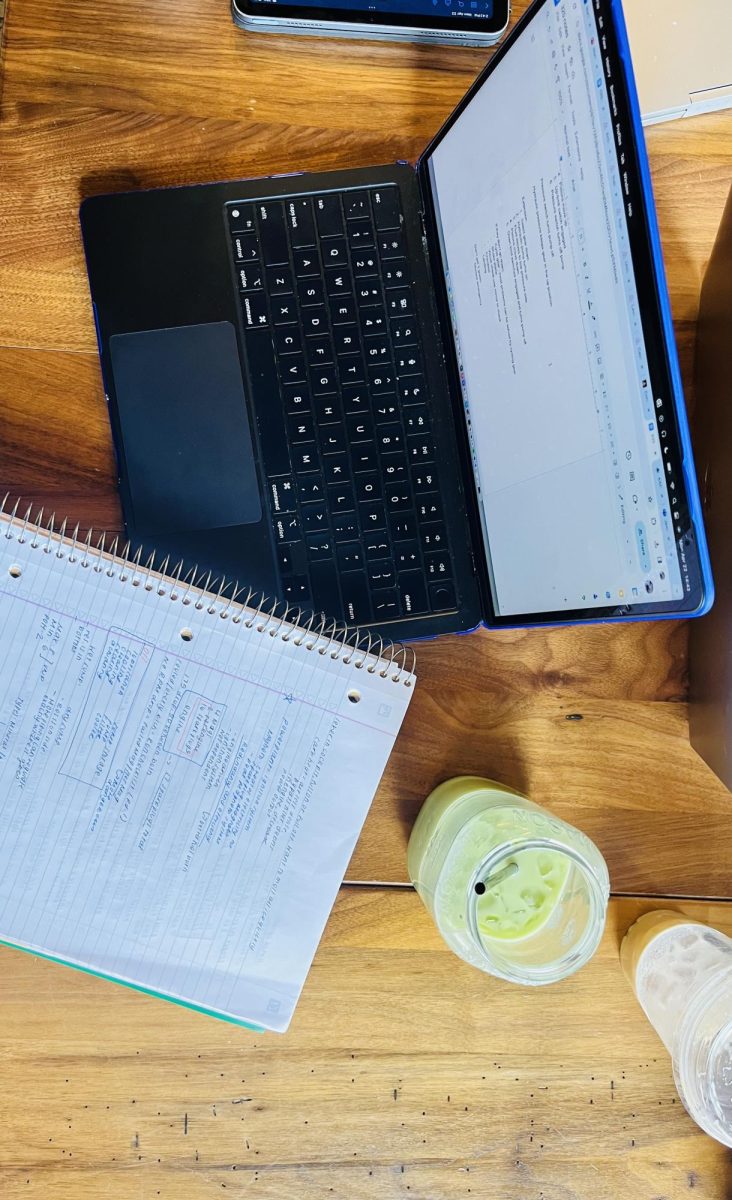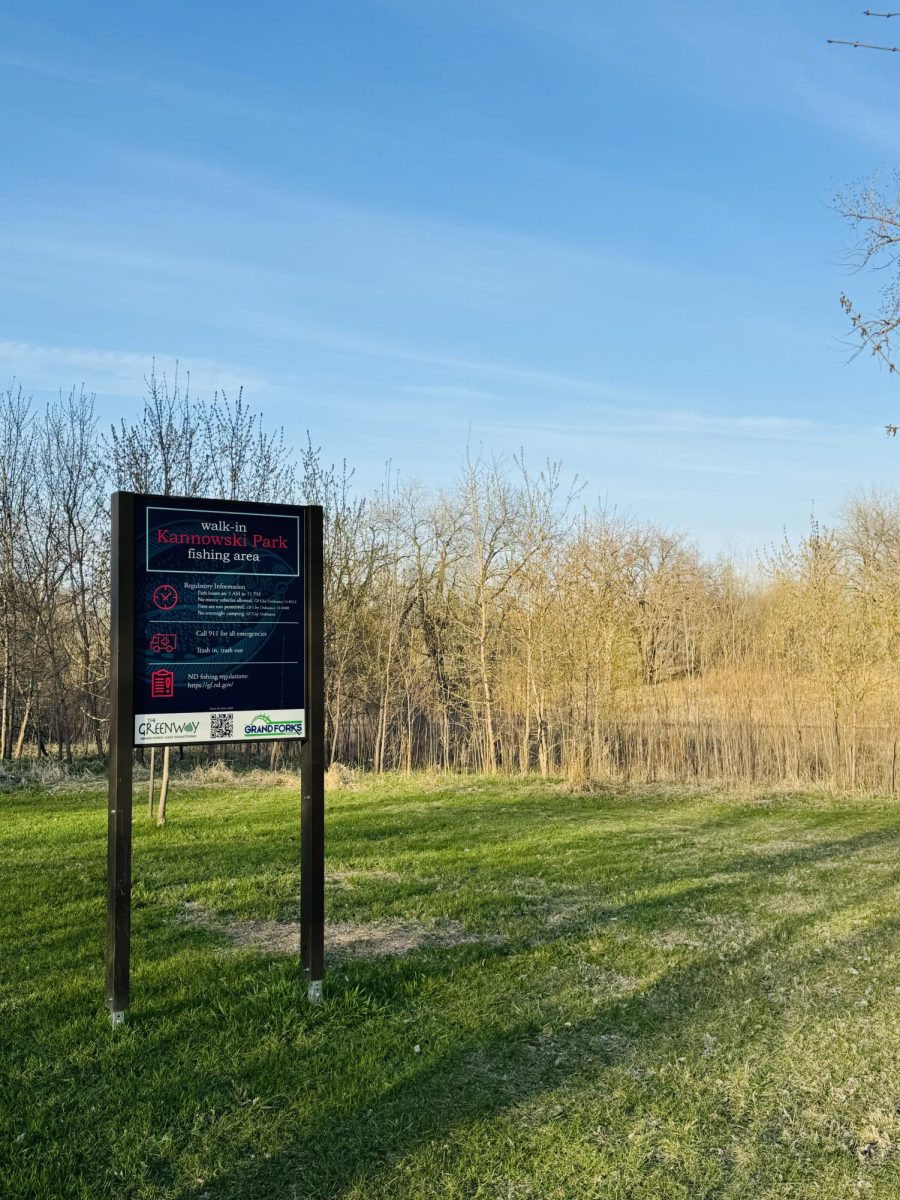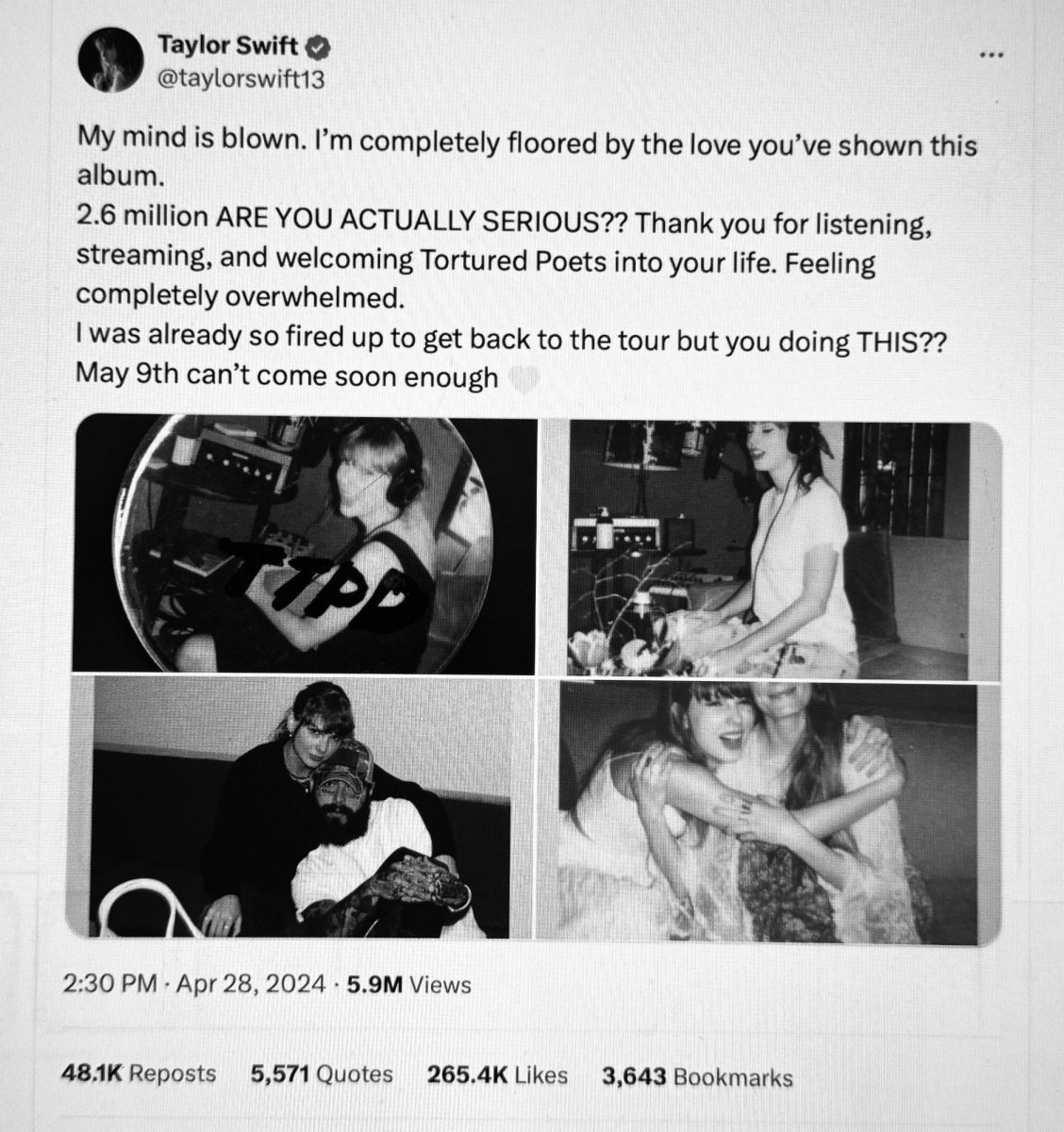Doug Burgum suffered a rather unfortunate injury just before his appearance at the first presidential Republican primary debate of the season. Playing a game of pick-up basketball with his staff, the 67-year-old seems to have moved too fast and thus tore his Achilles tendon. Despite this setback, he arrived at the debate on crutches and, reportedly, without any prescription painkillers, as he mentioned to CNN. He was ready to press forward whatever the potential damage may be.
This attitude is not unusual for the North Dakota governor turned presidential hopeful as Mark Zuckerberg’s famous motto “Move Fast, Break Things” seems to be a defining feature of his political career in more than just the literal sense. Doug Burgum carries this cutting-edge spirit from his friends in the Silicon Valley straight to the heart of his campaign funding and North Dakota energy policies.
It turns out that there are requirements to running for president, and Doug Burgum had to move very fast indeed to meet these requirements, regardless of the rules that he might have had to break to do so. To qualify to be on the debate stage, one needs to meet the Republican National Committee’s 40,000-unique-donors threshold with at least 200 contributions from 20 states, but Doug Burgum, in true Silicon Valley fashion, came up with an innovative way to meet this threshold before the deadline.
He paid donors in gift cards called “Biden economic relief cards” worth twenty dollars in exchange for one-dollar donations to his campaign. This, as it should be, is debatable in its legality with some campaign-finance experts questioning if Burgum’s actions could be seen as violating the federal law that prohibits “straw donations” or donations made in the name of someone else. Other experts see this issue as troubling because it voids a primary purpose of requirement, namely that it shows the candidate is desired and supported by the people of their own free will, but should it matter that a billionaire can pay their way to president if they, as Burgum’s website states, “unlock the best of America and improve every American life” once in office? It should be noted that although his bribes to donors worked to get him on stage, he seemed to have failed to make much of an impression, if any at all.
“Move Fast, Break Things” is also present in Burgum’s current energy policies for the state of North Dakota. It is no secret that North Dakota is heavily reliant on the gas and oil industries for revenue and employment amongst other things. For Burgum, this is not seen as something to be remedied despite its effect on climate change and our potential overdependence on these fluctuating industries. Instead, Burgum calls for a perhaps-not-so-metaphorical “full steam ahead” when it comes to producing and consuming products of the oil and gas industries.
How can Burgum be an advocate for oil barons while stating that “preserving our natural resources for current and future generations is a top priority” and setting the goal that North Dakota be carbon neutral by 2030? Here another Silicon Valley based idea makes its way to the forefront of his policies in the form of highly experimental geoengineering strategies such as carbon capture devices, storing that carbon in soil, and even using that carbon to boost oil production. Although this attention to the climate is ahead of some of his fellow Republicans such as presidential hopeful Vivek Ramaswamy who claimed during the debate that “climate change is a hoax” presumably made to upset the economy, Burgum is still depending on technology whose effects we still do not fully understand with experts still hotly debating whether this tech is even economically viable in the first place. Rather than moving away from these problems by investing in wind, solar, or nuclear power, Burgum wants to move fast in regard to climate solutions. In essence, his philosophy allows us to move forward polluting things while thinking about the cost later. In his efforts to quickly build up the economy, especially the oil and gas industries, while combating climate change, we can only hope that he will not “break things” with these new technologies along the way. If he does, we will all have to pay, and I do not foresee us getting a “Burgum Economic Relief Card” to help with that.
Kira Symington is a Dakota Student General Reporter. She can be reached at [email protected].








